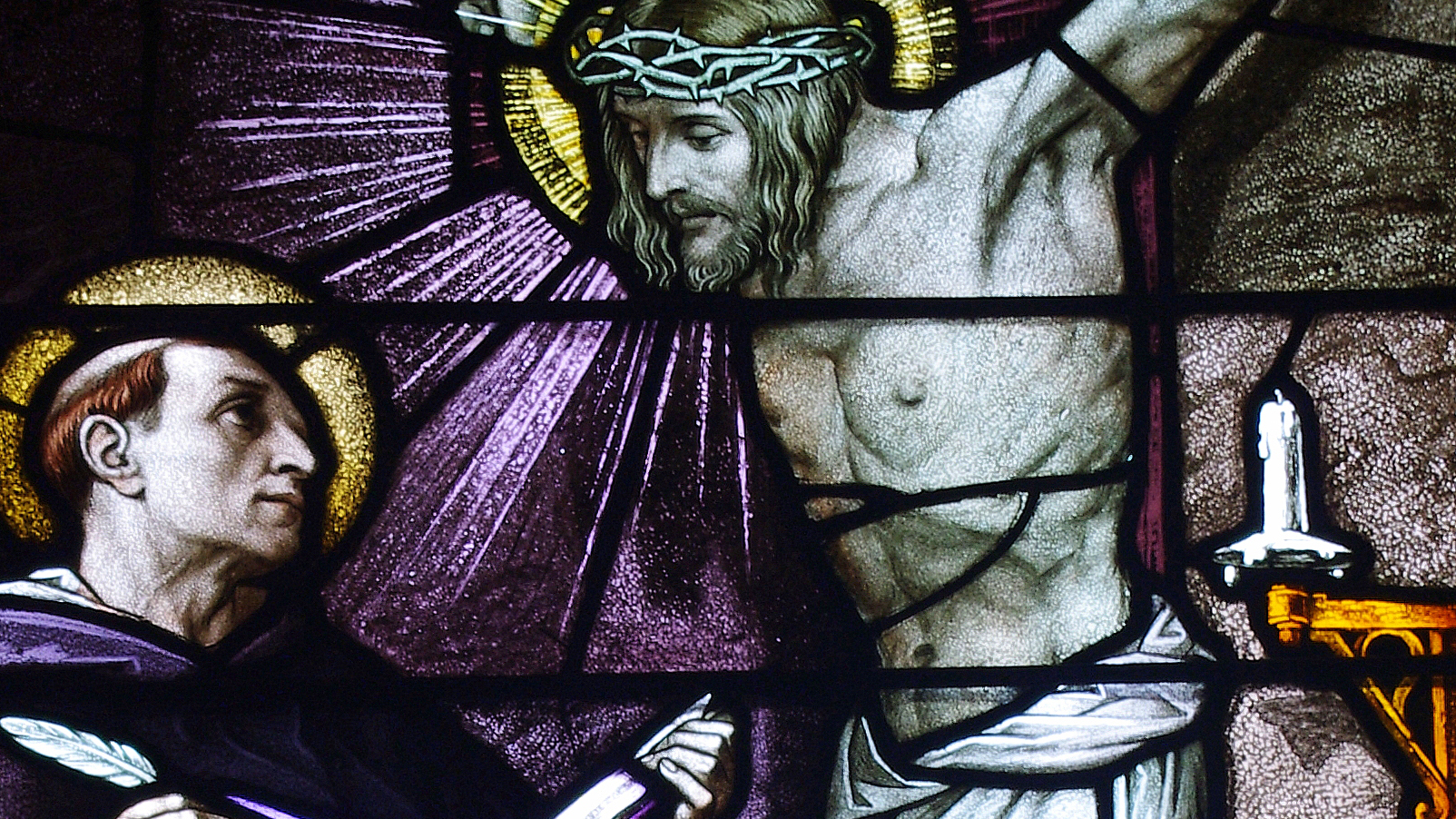I remember the day when I first heard love defined. It was in my moral theology class, and the professor said very matter-of-factly: “Of course, for Aquinas to love means to consistently will and choose the good of the other. To love neighbor as self means seeing their sharing in the good as constitutive of your own sharing in the good. To love God, whose good we cannot will strictly speaking — as He is purely actualized good itself — is to love what God loves, which, of course, is the neighbor’s good. So we come full circle.” I was ecstatic. It suddenly made sense of the interrelationship between the “two loves” and helped me see love’s link to the moral law, which specifies both what “the good” is and how one must choose in relation to the good in a manner that brings God-designed fulfillment. But my professor went even further and added, “The Second Vatican Council, under the influence of Karol Wojtyła, further enriched this definition of love by linking the willing of another’s good to an additional and necessary gift that must accompany that willing.: the gift of self.” Then he quoted Gaudium et Spes #24 to illustrate his point:
For this reason, love for God and neighbor is the first and greatest commandment. Sacred Scripture, however, teaches us that the love of God cannot be separated from love of neighbor: “If there is any other commandment, it is summed up in this saying: Thou shalt love thy neighbor as thyself…. Love therefore is the fulfillment of the Law” (Rom. 13:9-10; cf. 1 John 4:20). To men growing daily more dependent on one another, and to a world becoming more unified every day, this truth proves to be of paramount importance.
Indeed, the Lord Jesus, when He prayed to the Father, “that all may be one. . . as we are one” (John 17:21-22) opened up vistas closed to human reason, for He implied a certain likeness between the union of the divine Persons, and the unity of God’s sons in truth and charity. This likeness reveals that man, who is the only creature on earth which God willed for itself, cannot fully find himself except through a sincere gift of himself.
So, he said, to will and choose another’s good in love requires that, among the various goods we desire for them (like health, happiness, truth, moral rectitude, salvation), we also desire to give them our very selves (he quoted 1 Thess. 2:8). That’s the essential meaning of communion and of covenant. This is why, he said, marriage is understood as the primordial image of neighbor-love in extremis, as it is the perfection of both willing another’s good and of the total self gift. Hence, when marriage is lived well it becomes a source and witness in the social order of what love is meant to look like.
